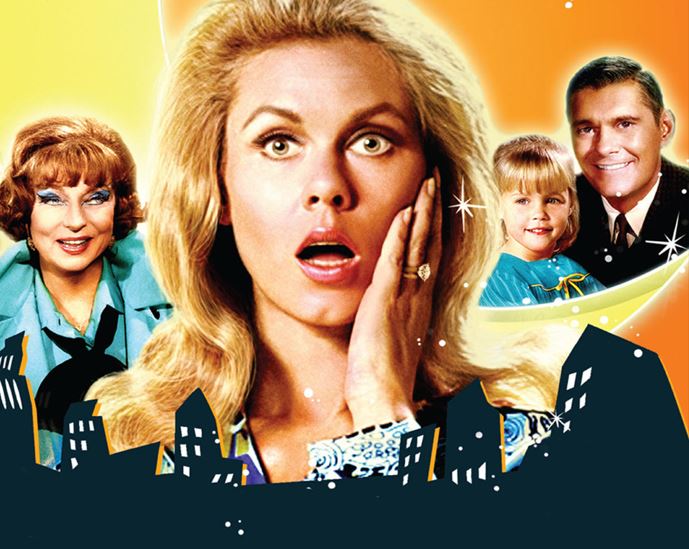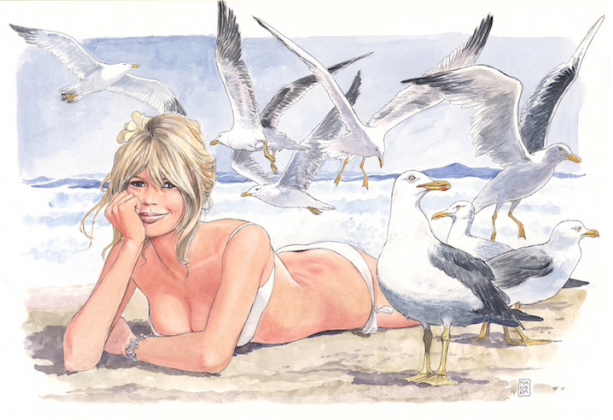In the early 1980s, a television show burst onto screens that would not only captivate audiences but also leave an indelible mark on popular culture. "Knight Rider," which aired from 1982 to 1986, was more than just a show about a man and his talking car; it was a cultural phenomenon that combined cutting-edge technology, thrilling action sequences, and the enduring appeal of a lone hero fighting for justice. In this article, we will take a nostalgic journey back to the world of "Knight Rider" and explore its enduring legacy.

The Foundation of "Knight Rider"
At its core, "Knight Rider" follows the exploits of Michael Knight, portrayed by David Hasselhoff, a former police officer who embarks on a new path as a lone crusader for justice. Michael is joined in his mission by KITT, an intelligent and highly advanced car equipped with an array of futuristic features, most notably its artificial intelligence and the ability to communicate with Michael through a synthesized voice.
The show's premise rested on the idea that technology could be harnessed for the greater good, with Michael and KITT working in tandem to combat crime and uphold justice. This fusion of man and machine, alongside the thematic exploration of the moral implications of technology, provided "Knight Rider" with a unique blend of action and ethical introspection.
KITT: The Talking Car

One of the standout features of "Knight Rider" was undoubtedly KITT, the sentient car that became as much a character as any of the human protagonists. Voiced by actor William Daniels, KITT possessed a sophisticated AI capable of independent thought and analysis. This AI, coupled with KITT's arsenal of gadgets and impeccable driving skills, made the car an integral part of Michael's crime-fighting arsenal.
KITT's dry wit, playful banter with Michael, and unwavering loyalty transformed the car into a beloved figure that captured the hearts of fans. The iconic red scanning light on the front of the car, coupled with KITT's instantly recognizable voice, became symbols of the show's identity and have continued to be referenced in popular culture to this day.
Action-Packed Adventures and Technological Marvels
"Knight Rider" was renowned for its action sequences, featuring high-speed chases, daring rescues, and explosive confrontations. Each episode showcased Michael and KITT's ability to overcome seemingly insurmountable odds, often using the car's advanced features to outsmart criminals and thwart evil plans.
The show also introduced viewers to a wide array of cutting-edge technology, many of which were aspirational concepts in the 1980s. KITT's turbo boost, capable of launching the car into the air, and his pursuit mode, which transformed the vehicle's appearance, were elements that captivated the imagination of audiences and became synonymous with the show's futuristic appeal.
Revving into Action: David Hasselhoff and Jim Brown

In the series "Knight Rider," David Hasselhoff portrayed Michael Knight, a high-tech crime-fighter aided by an advanced, artificially intelligent car named KITT. Hasselhoff's portrayal of the suave and resourceful Knight became synonymous with the show's success, captivating audiences with his charm and action-packed adventures. His chemistry with KITT, voiced by William Daniels, brought a unique dynamic to the series, as they tackled various missions to combat crime and injustice. Hasselhoff's role as Michael Knight not only propelled him to international fame but also cemented his status as a pop culture icon, forever remembered for his leather jacket, stylish demeanor, and the iconic catchphrase, "I'm Michael Knight."

Alongside Hasselhoff, football legend Jim Brown played the role of Lieutenant Nathaniel "Nash" Bridges in "Knight Rider." Brown's character brought a level of authority and gravitas to the series, serving as a mentor and ally to Michael Knight. Brown's imposing presence and commanding performance added depth to the show's ensemble cast, as he navigated the challenges of law enforcement while collaborating with Knight to thwart criminals and protect innocent lives. Brown's transition from the gridiron to the small screen showcased his versatility as an actor, earning him praise for his portrayal of Lieutenant Bridges and contributing to the enduring legacy of "Knight Rider" as a beloved classic of 1980s television.
Ethical Dilemmas and Social Relevance
Beneath the glossy exterior of action and technology, "Knight Rider" often delved into deeper themes. Michael Knight's commitment to justice and KITT's sophisticated AI raised questions about the ethical boundaries of using technology for societal benefit. The show explored issues such as artificial intelligence, surveillance, and the potential for technology to both uplift and infringe upon human rights.
In episodes like "Trust Doesn't Rust," where a rival AI car challenges KITT's superiority, the show delved into themes of self-awareness and the rights of sentient beings, echoing discussions about the implications of advancing technology that continue to be relevant today.
Cultural Impact and Legacy
"Knight Rider" became a cultural phenomenon, leaving an indelible mark on the pop culture landscape of the 1980s. The show's iconic theme music, composed by Stu Phillips, remains instantly recognizable and is synonymous with the thrilling spirit of adventure that the series embodied. The image of Michael Knight in his signature leather jacket and KITT's sleek, black exterior became iconic symbols of the era.
The show's influence extended beyond television, inspiring merchandise, video games, and even spin-off projects. David Hasselhoff's portrayal of Michael Knight turned him into a household name and elevated him to international stardom.
Conclusion: Revving into the Future

As we reflect on the legacy of "Knight Rider," it's clear that the show's impact has endured through the decades. Its fusion of action, cutting-edge technology, and ethical exploration tapped into the zeitgeist of the 1980s, sparking conversations about the potential and responsibility of technological advancements. Through Michael and KITT's adventures, the show reminded us that even in a world of machines and gadgets, human values and ethical considerations remain paramount.
"Knight Rider" remains a nostalgic reminder of a time when the future held limitless possibilities, and technology was seen as a tool for progress and positive change. The show's themes of justice, companionship, and the ethical implications of technology continue to resonate as we navigate an increasingly interconnected and technologically advanced world. Just as KITT and Michael Knight revved into the future, "Knight Rider" continues to inspire us to embrace the potential of technology while also being vigilant about its consequences.



